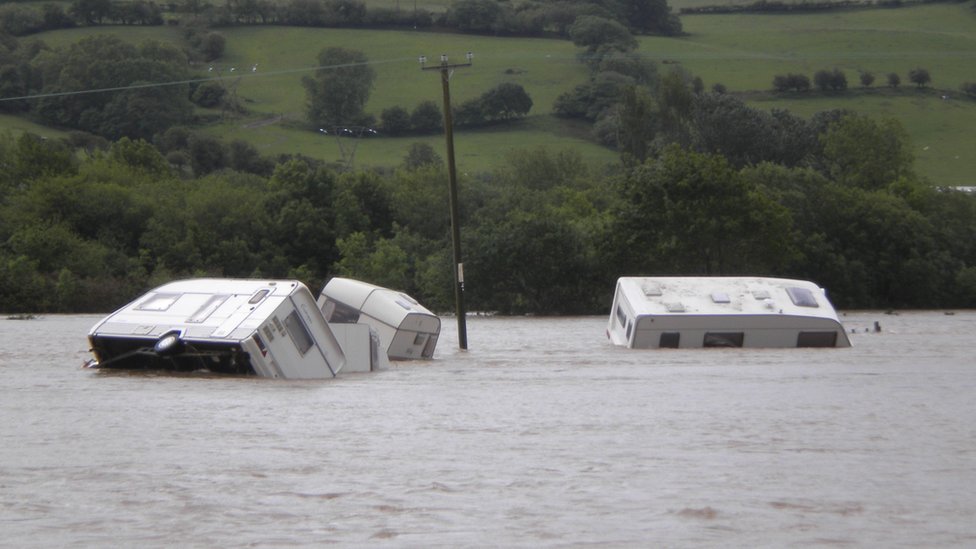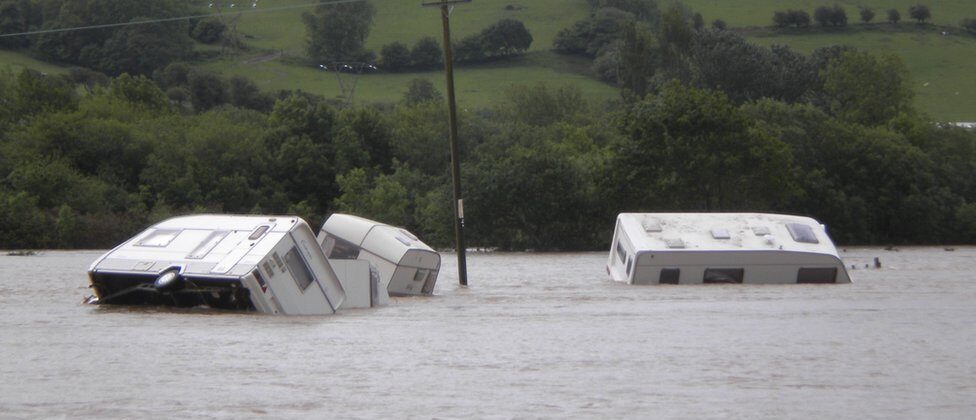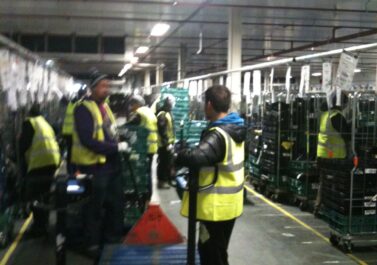
Global supply-chains are overstretched, there is a microchip shortage that affects production around the world, the prices for certain raw materials, such as plastic, have increased. During the last two decades the number of containers that are moved around the globe every year has tripled to 700 million – while there are only two major manufacturers of containers, based in China. Transport costs increase, which creates pressure to re-organise supply-chains. But then, not only due to the lockdown, there is also a shortage of labour, at least in many regions with developed manufacturing or service industries. While the media churns out scary reports about insulin shortage or food scarcity, we can see that the current situation also creates favourable conditions for a new quality of workers’ struggles: due to the combination of labour shortage and international cooperation on one side and increasingly incapable politicians and managers on the other. A comrade of ours works in a motor home factory in the south of England, where all these global issues emerge on the local shop-floor…
——
I work in a camper and caravan factory in England. The company has two sites, one plant producing side panels, and the other site assembles the actual vehicles. I work at the main assembly plant, together with around 600 other people, most of whom work on the main day-shift.
There are about four main motor home and caravan manufacturers in the UK, the company I work for accounts for about 20 to 25% of the market share. While the company imports the Ford and Peugeot basic vans – the Ford being manufactured in Turkey – not many camper vans are imported or exported. Production is mainly for the domestic market, and we produce anywhere between 90 and 130 vehicles a week.
The van enters the factory just with the chassis if it’s a caravan or a cab and a flat-bed, then the van goes through around 30 work-stations with five, six workers each, where they attach the panels for the shell, windows, doors, electrics and all the interior furnishings, like cabinets and beds. Other than the bulk of the workforce on the main assembly line, there are also a large number of workers who work in slightly separate areas constructing the cabinets, prepping the plastic and metal extrusion parts, in the warehouse or in the a wood shop that cuts and makes all the smaller wooden parts. The main materials used in the vans are plastic and wood. Each station needs around 30 minutes to perform their work-step if it’s a motorhome and around 15 minutes if it’s a caravan. The van moves on a conveyor belt for the last half of the work-steps. It’s not high-tech engineering or precision work, as such. Most of it is hand-tool labour, such as drills and sealing guns. Skill-levels reach from cleaning panels to electrical wiring and testing. It’s basically learning on the job, there is no real training as such and you’re just expected to get on with it as soon as you start.
They have three pay grades, according to performance and seniority, but the wage gap is not huge. As a permanent you get between £10 and £13 p/h, as a temp you get £9 – but there is an incentive to work over-time because once you work more than 39 hours a week all your hours worked will be paid at £10 p/h rate. I guess it’s important to see that this is still somehow part of the automobile industry, so comparably £10 to £13 p/h is a pretty low wage. Amazon or Lidl pay that much. The union is not present on the shop-floor, although quite a few work-mates are in the union, and there haven’t been any open industrial disputes to my knowledge.
Work-mates
Many workers have been there for ten, fifteen years – but then there are also many agency workers. The majority of workers are between late 20s and early 40s. Most of the temps are migrant workers from Spain in their mid to late 20s. There are also some Polish workers who seem to have been working there for longer. Other work-mates say that the bulk of the migrant workers used to be Central or Eastern European about 8-10 years ago, but that seems to have changed over the past decade. During January the ratio between permanents and temps was nearly 50:50, now, in August, it’s 65% permanent, the rest are temps. Production is influenced by market seasons, but they try to keep it pretty continuous. Around 10 to 15% of workers are women, but they are pretty much integrated into the teams, it’s not that they are separate. If at all, temps tend to stay amongst themselves, often according to language groups. But there are no solid barriers.
In general people seem to like the job, if you can see past the long hours. Everyone hates management though, personally. They are arseholes, they do nothing, they park their Tesla company cars at the newly installed free charging stations. Management can smoke during their working-hours, we can’t, which is particularly infuriating at a workplace where a large majority of workers smoke. Some jobs are hated, such as prepping the panels or other boring stuff. People don’t talk about wages much, despite the fact that they are pretty low, let’s say, compared to construction or other manufacturing. And despite the fact that they can’t really afford their own product, given that a motor home goes for £60,000 to £70,000. A few of the older workers have caravans, but they are dated.
It takes a while to get to know people in such a big work-place and that can be pretty daunting. They also tend to keep moving you around so it’s pretty difficult to get to a point with people where you feel like you actually get to know them, and on top of that,you think that you constantly have to prove yourself – you have to pretend that you can do things that you might actually not have done before. That can be hard and it’s difficult to find a line between not wanting to seem like you don’t know anything, and looking like a twat because you said you’d do something you can’t. They just expect that you have used all kind of tools and know what you’re doing with them, but in general it’s a hell of a lot more interesting than working in a smaller work-place, because it is a more complex technical and social process.
Pandemic
The company introduced a few rules, like one-way systems on the shop-floor and a limit on how many people could work in one cabin or van at any moment. Face masks are still compulsory on site. There are no real conflicts around it. People were furloughed for four months during the peak of lockdown. Caravans aren’t essential, understandably. The company got some subsidies from government. There are many older workers who have been hired recently. Many of them come from construction trades or other skilled jobs which experienced a down-turn during the lockdown. It feels they are here for the interim. Regarding the public debate on ‘essential labour’. Workers don’t see caravans or motor homes as essential as such, but then many working class people can relate to them, have good child-hood memories of camping holidays or whatever. People see that they leave some kind of physical imprint on the world.
Supply-chain crunch
During the beginning of 2021 they had major problems getting new vans, due to the general microchip crisis. Then there were also some specific issues, for example, there was a fire at a semi-conductor factory in Japan in October 2020. Then there is Brexit. The caravan and motorhome doors and some wood-based items are manufactured in Italy. The company was struggling to get any of that stuff on time, due to the additional formal requirements and import checks. The same with all the windows, which are manufactured in Holland. They have 70 to 90 suppliers, probably around 35 to 40 based in Europe, 20 in the UK, and the rest are based in China. Mainly the radio speakers, lights and other electronic or electrical items come from China. The Suez canal fudge also impacted the company, with a ten weeks delay. Massive shortages, many vans went out with missing plastic parts or control panels. Another problem is the upholstery, the moulded foam of which comes from the US. The upholstery supplier from Yorkshire seems to have trouble getting the foam. Due to the increased transport cost there is a certain scramble to find UK-based suppliers or ones that are based in north-west Europe.
Labour-shortage
The company constantly lacks staff. First of all, there was a management restructure a few years ago, a management team from a car manufacturing plant came over. These guys were convinced that the wok was low-skilled and that they could hire anyone, give them a drill and say ‘let’s go’. They increased the share of temp workers. With that the fluctuation increased. They might offer you a permanent contract after three months, but many people leave again. Normally they hire 20 odd people every two weeks. Ironically many people leave because of the long working-hours and over-time – which the company imposes because they cannot manage to finish the camper vans on time. This situation worsened with the lockdown. We worked 50-hours weeks for several months. Once, when management wanted to impose an extra half an hour over-time a group of experienced workers protested and said then they wouldn’t work over-time at all and walk out at 4pm. Management backtracked.
Because of the lack of staff, the more experienced workers have to rotate between work-stations and help out. At the same time they try to speed-up production, set new targets. Management is also pretty disorganised, each department management just thinks and cares about their bit. Many team leaders are former workers, who might be skilled technically, but not really good at coordinating work. The parts-flow between different departments can be chaotic, stock-taking and exchange of information is done in a pretty basic way. That means production is constantly unbalanced. Many vans end up in VIP (vans in progress), where they have to be re-worked. Recently there were several occasions when more than 150 units were in VIP, which is the absolute maximum in terms of capacity. Normally there are seven highly-skilled workers in VIP, recently they had to transfer 25 additional workers from the production department, to catch up with work. In VIP people are forced to work even on Saturdays.
Perhaps with the labour-shortage and the fact that ‘staycation’ has become a central topic in the public discourse, workers will feel more confident to ask for more – with the extra ‘national holiday’, the extra months on furlough, we need to take over the central means of vacation! We need more money and less work!



